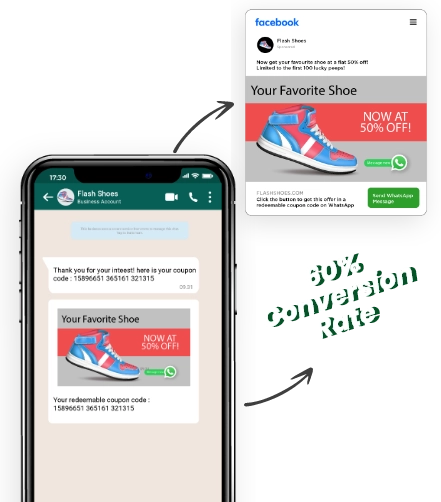Tickets that have not been answered by the due time or period stipulated by the SLA are regarded as overdue. A ticket that is overdue indicates that the business has failed to keep its commitment to the client. Numerous factors, including dependency, misunderstandings, angry clients, or simply an overloaded agent, could be accountable for this.
When a ticket is overdue, the first thing you should do is try to minimize the harm. The consumer should receive an apology and an explanation of the delay from the representative. Alternately, the manager can step in and start things off. In either case, the initial move should be to contact the customer and clarify the scenario.
A service desk’s main objective is to quickly and with minimal disruption to operational processes restore daily business activities. So, in order to build an effective workflow in your firm, controlling the incoming tickets is essential. Repeated overdue tickets frequently cause the service desk’s overall productivity and efficiency to decrease.
Developing a good SLA is frequently the first step in opening a flow of communication between both the service desk and its clients. Service level agreements, often known as SLAs, assist in defining expectations between employees and customers.






